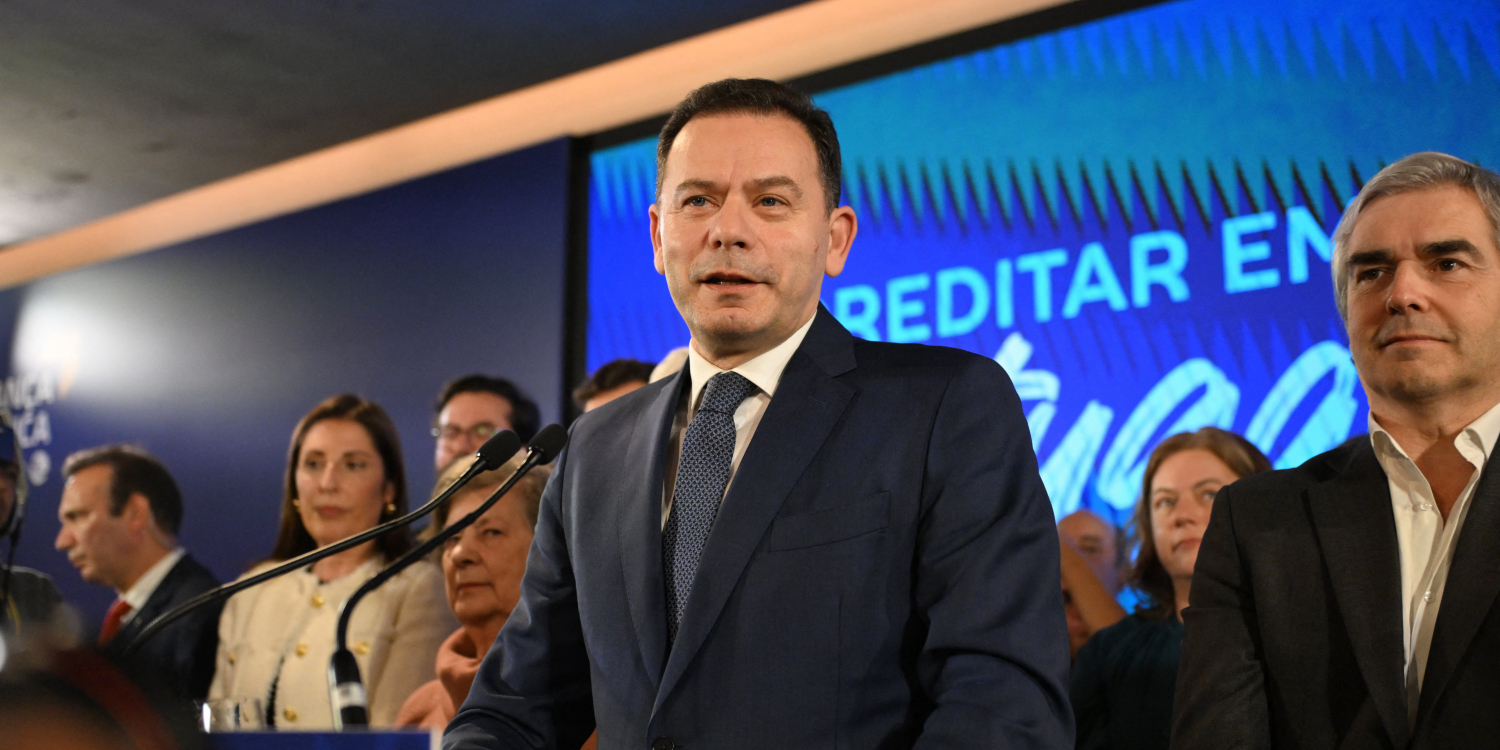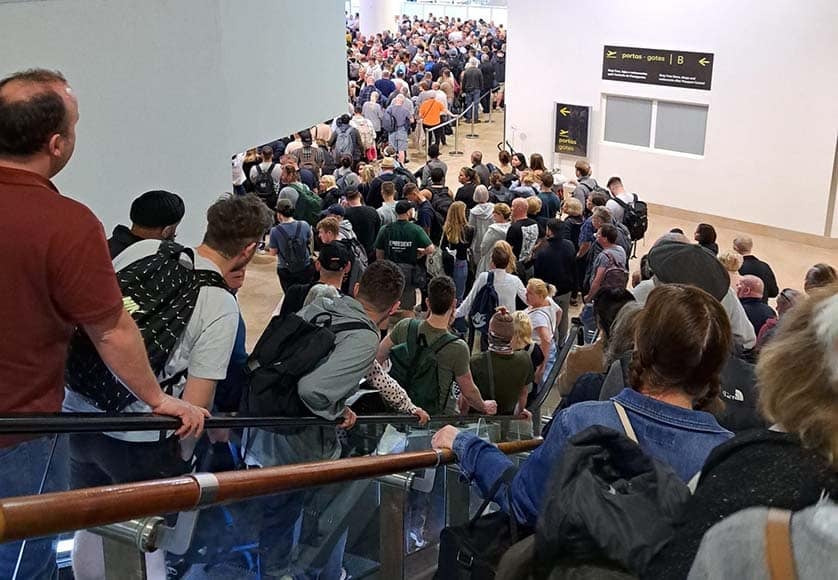
The day after the legislative elections that ended eight years of socialist rule, the Portuguese find themselves on Monday facing a parliament in which the moderate right will have difficulty fulfilling its promise to form a stable government without relying on the populists who have quadrupled their number of seats. .
“Given the distribution of seats, we should not expect much stability,” Filipa Raimundo, a professor of political science at the University of Lisbon’s ISCTE institute, told AFP. The new rise of the far-right Chiga (Enough) party, announced by opinion polls, was confirmed during Sunday's elections, which marked the highest turnout rate in nearly 30 years.
Consequently, the number of seats in the anti-regime formation, founded by Andre Ventura in 2019, increased from 12 to 48 deputies, doubling its share to 18% of the vote, compared to the previous elections that took place in January 2022. It has already been pushed to the rank of politician the third. In the country with 7.2% of the votes. Henceforth, its president claims to have achieved the goal of becoming “the axis of the political system.” In any case, three months before the European elections, Portuguese voters have confirmed that the far right is making progress across the Old Continent.
“A torn country,” according to Portuguese media
This result therefore does not allow the winner to form a majority of at least 116 elected officials alone, not even in coalition with a small liberal party that came in fourth place with 5% of the vote and eight seats. Two years ago, Antonio Costa won an absolute majority with 41.4%, but his government did not resist implicating him in an influence-peddling investigation targeting his chief of staff.
“Typhoon Shiga is turning the country to the right,” the popular daily Correio da Manhá said on Monday, while the Jornal de Noticias summed up the previous day’s results: “A fragile victory, a torn country.” “I am really very satisfied with the Democratic Alliance’s victory in the elections, but I was surprised by the Chiga result,” said Elise de Moraes, a 38-year-old manager interviewed by AFP in a central Lisbon square.
Ruling by a “relative majority” while relying on the “responsibility” of socialists
Speaking at the end of a long election evening, Democratic Alliance leader Luis Montenegro declared an “inevitable” victory and said he wanted to rule with a “relative majority”. In short, he is counting on the “responsibility” of the socialists, whom he asked not to vote for a possible censorship proposal alongside Chiga to bring down his future government.
In Portugal, the executive does not need a vote in Parliament to take office, which could happen in early April. Thus the new leader of the Socialists, Pedro Nuno Santos, accepted his defeat and immediately assumed the role of leader of the opposition. But he warned that he did not feel obligated to allow the upcoming state budget to pass by abstaining from voting. This deadline will be a fiery test for the fragile center-right majority, stuck between the left and the far right.
Conservative President of the Republic On Tuesday, Marcelo Rebelo de Sousa will begin consulting with the parties represented in Parliament, a step before appointing the next prime minister. Luis Montenegro will be last heard on March 20.






